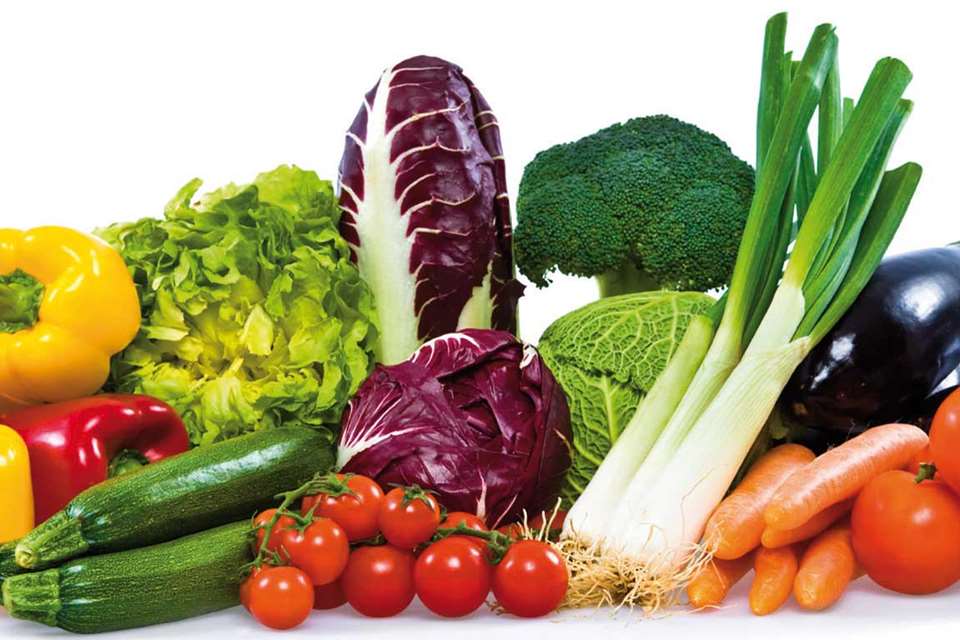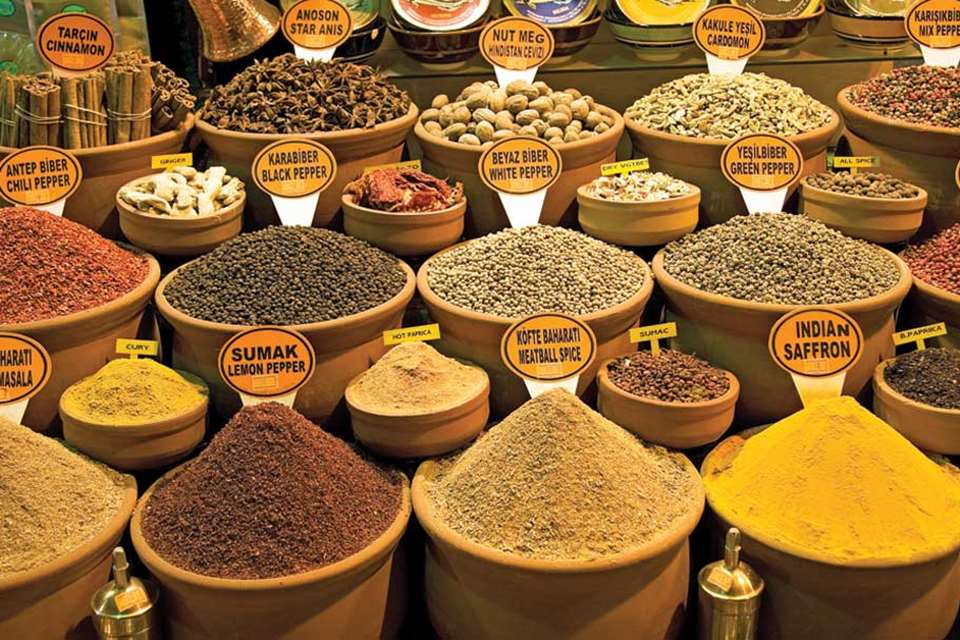Enabling Environments: Let's explore...pancakes
Marianne Sargent
Monday, February 10, 2014
Make use of Shrove Tuesday to teach children about tradition and the spirit of sharing - and to have a feast, of course, says Marianne Sargent.

Pancakes are the stuff of so many happy school memories: cooking them, flipping them, racing with them and, of course, eating them. Pancakes are very simple to prepare and this, together with the wealth of possible flavour combinations, makes them ideal for cooking in the early years.
Shrove Tuesday falls on 4 March this year and is an important date in the Christian calendar. It is the last day before Lent, during which Christians abstain and take time to look inwardly. Shrove Tuesday - also known as Pancake Day - is a good opportunity to expand on this theme by reading stories about sharing and kindness, before cooking up a stack of yummy pancakes.
SHROVE TUESDAY
Talk about the meaning behind Shrove Tuesday.
Adult role
- Gather the children together and explain that Shrove Tuesday is the day before Ash Wednesday and the start of Lent. This is a time when Christian people take time to think about Jesus ahead of the forthcoming holy week of Easter.
- Tell the children the Bible story about Lent: Jesus went into the desert for 40 days and 40 nights after giving up his job as a carpenter to begin his work teaching people about God. While in the desert, Jesus went without food and spent his time praying to God. He was tempted by the Devil many times, but managed to resist.
- During Lent, Christian people remember Jesus by giving up luxury foods and drinks such as chocolate and alcohol.
- Shrove Tuesday is the day when people traditionally use up all their rich luxury foods that they will not be eating during Lent. To do this, they make pancakes and eat them with a variety of tasty fillings.
- Ash Wednesday follows and this is the day when many Christian people attend church services to pray to God and ask forgiveness for anything they have done wrong. During the service, they are marked on the forehead with a cross of ashes.
- Ask if any children in the group attend church regularly. Can they tell the other children what it is like to go to church? Do any children in the group have any questions about going to church?
- Invite parents of children who have attended a church service during Lent to come to the setting and help their sons and daughters share their experiences. Is anyone in their family giving something up for Lent?
- Make links with other religious festivals that observe abstinence and fasting, for example, the Jewish festival of Yom Kippur and the Muslim festival of Ramadan. Are there any children or families in the setting who can share their experience of these?
Learning opportunities
CL: Maintains attention, concentrates and sits quietly.
CL: Responds to what they hear with relevant comments and questions.
UW: Knows about similarities and differences between themselves and others, and among families, communities and traditions.
SPIRIT OF SHARING
Read Mama Panya's Pancakes by Mary and Rich Chamberlin. It is a Kenyan village tale about a little boy and his mother who plan to make pancakes for tea. The boy invites everyone they know to come back and share the pancakes, much to the dismay of his mother, who only has a little money and few ingredients. When everyone turns up, however, they bring tasty ingredients with them and everyone shares in a lovely feast.
Adult role
- Share the story with the children. Pause to ask why Mama Panya is getting increasingly frustrated with Adika. Why doesn't she want to share the pancakes? What is she worried about?
- Can the children explain why the feast turns out to be all right in the end?
- Do the children understand why Adika was one step ahead of his mother? What might Adika have been saying to each of their friends when he invited them?
Contrast this story with Mr Wolf's Pancakes by Jan Fearnley. Mr Wolf has problems finding help when he decides to make some pancakes. But when they are finally done, he has no shortage of friends willing to help him eat them.
Learning opportunities
PSED: Talks about behaviour and its consequences.
CL: Listens to stories with increasing attention and recall.
CL: Answers 'how' and 'why' questions in response to stories.
COOKING TIME
Make pancakes with the children. The following recipe will make a batter for 24 plain pancakes.
Ingredients
300g plain flour
3 medium eggs
900ml milk
Pinch of salt
Sunflower oil
Method
- Combine flour and salt in a bowl and make a hollow in the middle.
- Crack the eggs into the centre and whisk together while gradually adding the milk.
- Heat a drop of oil in a pancake pan, add a ladle of pancake batter and swirl it around until the base of the pan is completely covered.
- Cook until the underside of the pancake is golden; flip over and cook the other side.
Fillings
Provide a range of sweet and savoury pancake fillings for the children to experiment with. For example: sugar, lemon juice, jam, maple syrup, honey, fruit - including bananas and berries, grated cheese, ham, smoked salmon and cream cheese.
Make your pancakes a little more interesting by adding some extra ingredients to the batter. For instance, fry up some chopped onion, mushrooms and bacon then add them to the mixture. While the pancake is cooking, sprinkle some grated cheese over the top. Then fold it over and cook it until the cheese melts.
Alternatively, try an altogether different recipe, such as the one in the back of Mama Panya's Pancakes, which contains water and chilli.
Learning opportunities
CL: Is able to follow directions; can listen and do for a short span.
PD: Handles tools safely and with increasing control.
M: Uses everyday language to talk about capacity.
PSED: Expresses own preferences.
SONGS, RHYMES, GAMES
Mix a pancake
Recite this traditional rhyme before flipping your pancakes:
Mix a pancake, stir a pancake (pretend to mix the batter)
Pour it in a pan (pretend to pour the batter)
Fry a pancake, toss a pancake (pretend to flip the pancake into the air)
Catch it if you can (pretend to line up the pan and catch a falling pancake)
Flipping fun
Provide pans, cold or rubber pancakes, and a large dice. Ask the children to take turns to roll the dice and flip their pancake the corresponding number of times.
Pancake pandemonium
- Make this game yourself. Cut out and laminate four circular shapes. Print out or draw and laminate some pictures of possible fillings - for example, honey, bacon, fruit, cheese, ham and lemon. Make a spinner out of cardboard, using a hole punch and butterfly pin to attach the arrow. Divide the spinner into segments and fill these with identical food pictures.
- Children play the game by taking turns to flick the spinner and fill their pancakes with the corresponding foods.
- Ask them about the food combinations in their pancakes and what they might taste like.
MORE IDEAS
- Provide small pans and utensils for the children to make pretend pancakes using play dough.
- Have a pancake flipping competition using pre-cooked pancakes and a cold pan.
- Make French galettes and crepes.
- Invite parents in and serve up an American-style pancake breakfast.
- Have a pancake race.
BOOKS
- Pancakes, Pancakes! by Eric Carle - a young boy finds out about the ingredients that go into a pancake.
- Rhinos Don't Eat Pancakes by Anna Kemp and Sara Ogilvie - a rhino walks into a little girl's house and helps himself to her pancake.
- The Runaway Pancake by Mairi Mackinnon - simple retelling of a Norwegian folk tale similar to the Gingerbread Man.
- The Big Pancake by Vera Southgate - more faithful retelling of the same tale.
RESOURCES
Shrove Tuesday: find an animated video on YouTube that tells the story of Shrove Tuesday. For example, at www.youtube.com/watch?v=mDQMr3hYCIo.
Cooking time: use the ingredients listed left (see recipe), a large mixing bowl, hob, non-stick pancake pan, spatula, ladle, small dishes for fillings, and plates and forks for serving.
Marianne Sargent is a writer specialising in early years education and a former foundation stage teacher and primary and early years lecturer.








